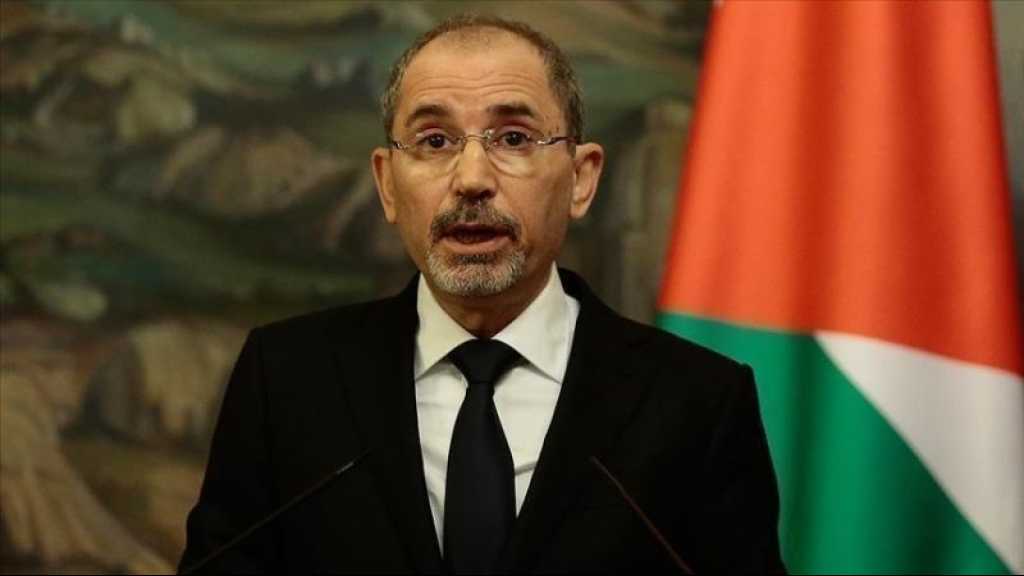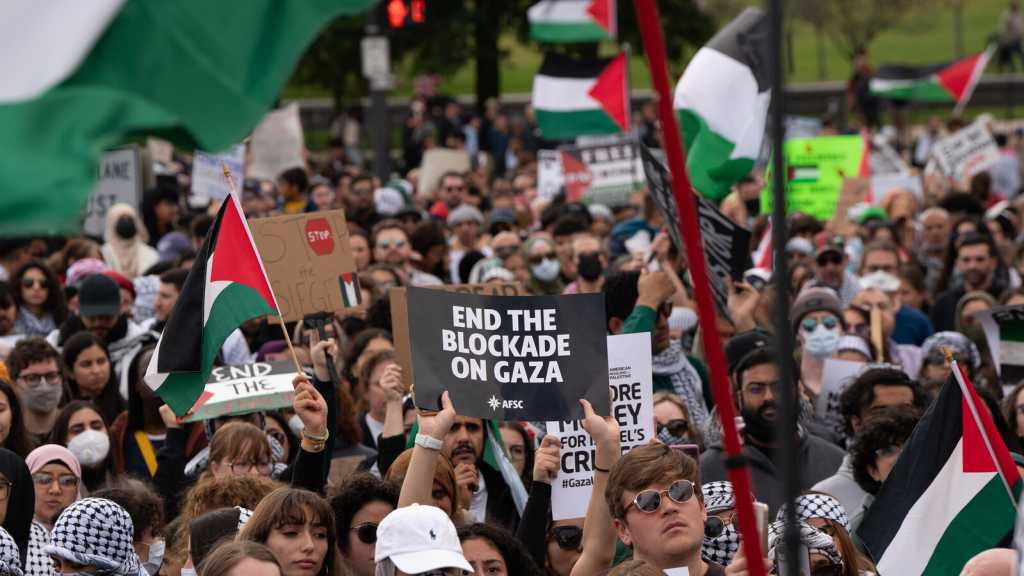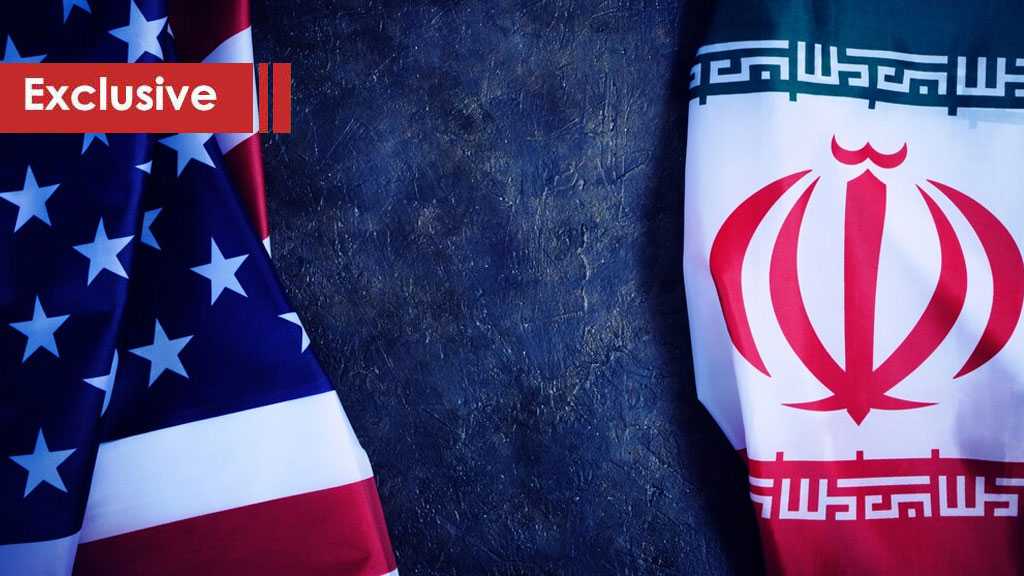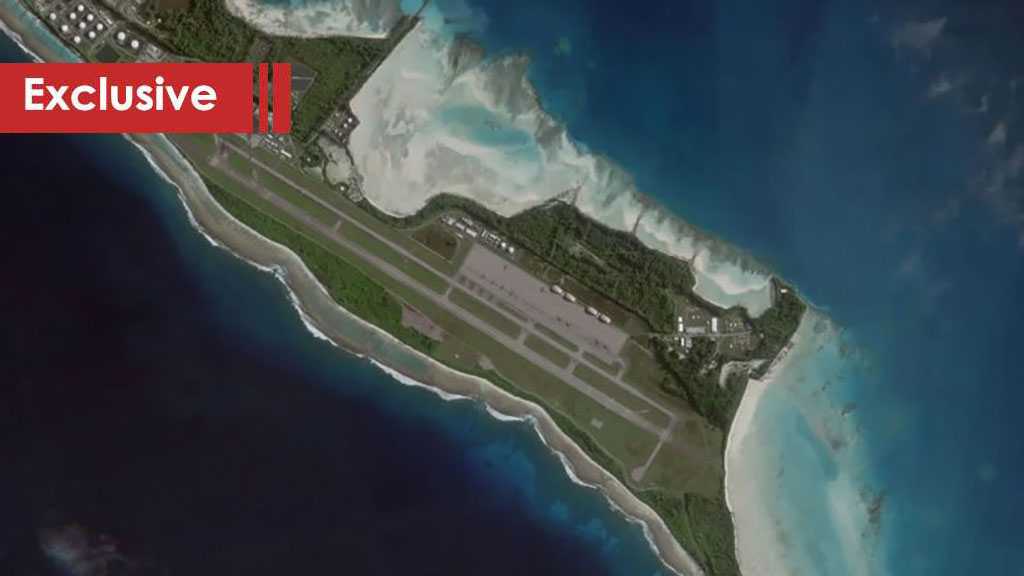Jordan’s Foreign Minister Visits Damascus: The Arab effort finds implementation mechanisms

Mohammed Eid
Relations appear to be thawing between Damascus and Arab states that embraced a Jordanian initiative as a solution for Syria. The initiative delivered to Syria by Jordan’s top diplomat Ayman Safadi centers on a step-by-step principle.
Damascus isn’t reluctant to take the required steps. But the measures taken by the Syrian government to secure its allies that have never failed it can only be reversed when the reasons for those measures are reversed and all parties translated their words into actions.
Step by step
Political analyst Osama Dannoura believes that Al-Safadi’s visit to Damascus carries several implications. Perhaps the most important of these is the Arab endeavor embodied in what became known as the Jordanian initiative.
The initiative appears to be edging towards activation, and mechanisms to start implementing the steps are being discussed after it received initial approval from concerned parties - whether those directly involved or actors whose role isn’t obvious.
In an exclusive with Al-Ahed News, Dannoura indicated that Foreign Minister Safadi's statements about the gradual solution represent the most realistic and acceptable approach.
The range of issues and their ramifications, the disastrous consequences of the devastating war that lasted more than a decade as well as the external interference and international dimensions all make any potential resolution a complex matter that requires a cumulative effort, which in turn requires time to mature.
The first item in the Jordanian initiative appears to be the return of Syrian refugees to their homeland. Dannoura points out that moving forward with this requires the implementation of provisions of UN Security Council Resolution 2642, which urges the intensification and expansion of "early recovery" projects in Syria and calls upon all parties, including international humanitarian agencies, to support them.
This requires a focus on research at the bilateral and collective levels. One cannot talk about the voluntary and safe return of refugees to areas that lack basic infrastructure or an effective economic cycle whereby the refugees receive the most basic and necessary standards of economic and social security stipulated by the principle of "safe return".
This is especially important since successive amnesty decrees and laws now cover everyone and guarantee that all those returning will have their cases settled just like the tens of thousands of Syrians who did not leave their country and returned to their normal lives after being covered by successive amnesty laws.
Meanwhile, a final settlement concerning a political solution and ending the foreign military presence on Syrian soil appears to have been postponed. According to Dannoura, Syria will maintain its position, demanding an end to the occupation and the illegal presence of foreign forces and the dismantling of terrorist structures as well as all other illegitimate de facto forces as a necessary condition for the withdrawal of allied forces at a later time and achieving a degree of geopolitical security and stability, in order to facilitate the return of the pre-2011 situation.
Here, an approach based on synchronicity may be possible, in the event that trust, which was lost during the many years of attacks on the stability and territorial integrity of Syria, is regained.
Dannoura is convinced that Syria will not compromise on its rejection of external interference when it comes to finding a political settlement, especially since international resolutions emphasized a political process under Syrian management and ownership.
On the other hand, any external role based solely on logistical support and facilitating the procedures of the political process and the principle of neutral mediation would be welcome, especially if it came from an Arab party or parties.
A safe return amid good conditions
For his part, political analyst Muhammad Khaled al-Qaddah said President Bashar al-Assad was clear and frank in his assurances to the Jordanian foreign minister that the safe return of Syrian refugees to their villages and towns is a priority for the Syrian state. He also underscored the need to secure the infrastructure as well as fulfill reconstruction and rehabilitation requirements coupled with early recovery projects that enable returnees to restore their normal life cycle.
Al-Qaddah adds that President al-Assad's remarks to his Jordanian guest – who is considered the bearer of the initiative of his country, which has become an Arab initiative with the entry of Saudi Arabia, Iraq, and other Arab countries – reflect the Syrian government’s acknowledgment of its responsibilities. Assad asserted that all measures taken by the Syrian state, whether at the legislative or legal level or at the level of reconciliation, contribute to providing the best environment for the return of refugees.
Al-Qaddah points out that this obliges the Arabs, even from a moral standpoint, to carry out their duty towards Damascus, given that they must be part of the solution as they were once part of the problem.
Al-Qaddah concludes by emphasizing that the real economic life cycle that must be experienced by the areas that were abandoned by its people as a result of terrorism must be based on an effective Arab contribution.
There is talk of setting up a fund for this purpose as international and relief organizations withdraw their support - something the Jordanian top diplomat admitted during a press conference with his Syrian counterpart Faisal Mekdad.




